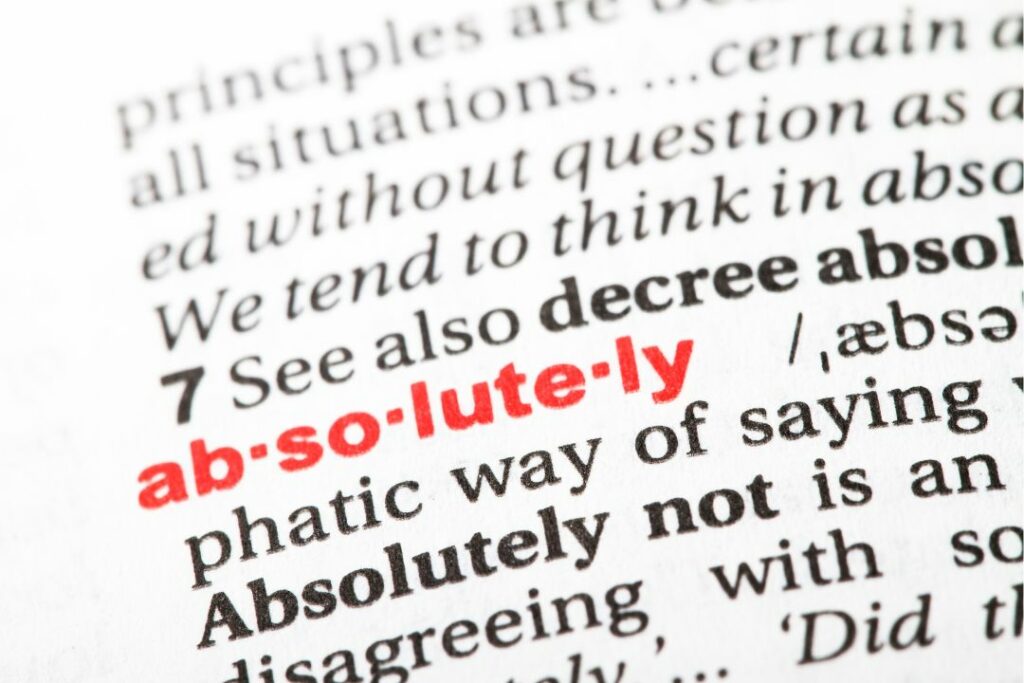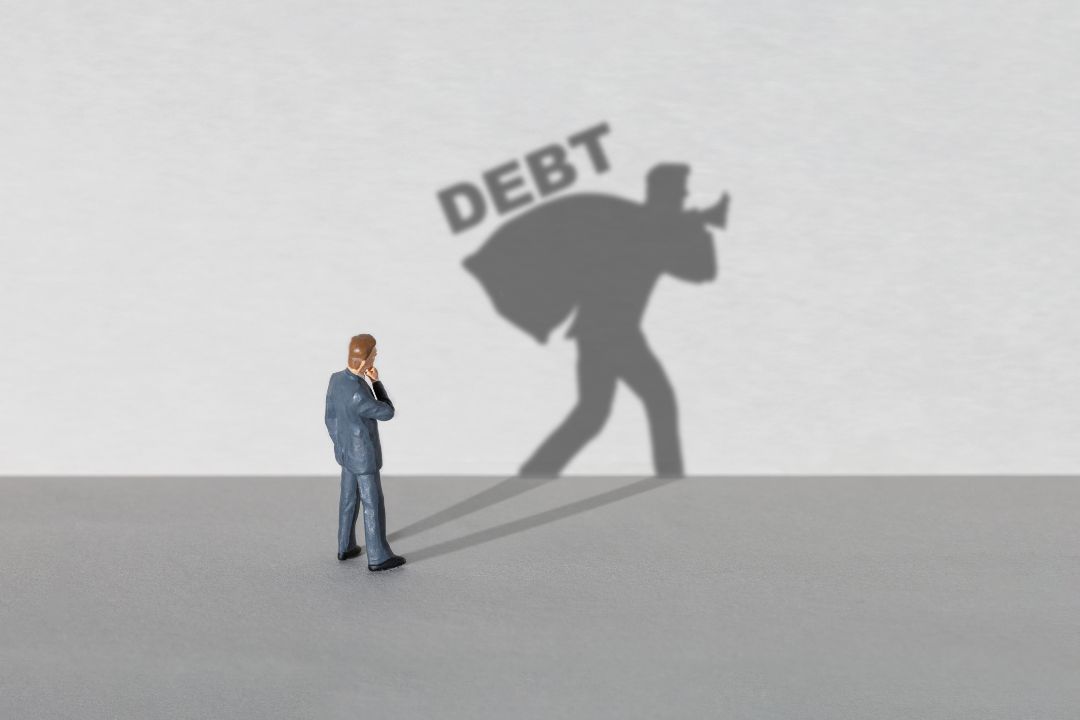How do we wade through all the opinions on debt to make our own decisions? Wisdom is a better guide than one person’s template applied to another person’s life.
It is awful when debt consumes our income to the point that we cannot enjoy life today or pay for things we require. When we have an emergency and debt is the only path, we can call that debt good. The middle area could be more straightforward. We will discuss principles in this article that will simplify them without many traditional biases.

Anecdotes are not Absolutes.
We all know anyone anywhere who teaches about the good and bad of debt will load us with anecdotal examples that argue their perspective. To start our discussion, we want to look at some examples that most of us will agree with, regardless of whether we are pro-debt or anti-debt.
Years ago, my wife was in critical need of medical attention, and we did not have a way to pay what the hospital required to treat her. They said they would care for her if we promised to pay it back. My wife’s life or debt, the decision was easy for me. Granted, I will not deny that it is anecdotal, but the decision is the one most of us would make.
What is bad debt? That is debt like what pulled our nation into crisis in 2008. Even before 2008 arrived, we had friends who over-extended themselves because they had a bad rental situation. The strategy to avoid their pain was to buy a home at any cost. They got piggyback loans that totaled more than they could afford to pay back. In the end, they lost their home, and their relationship ended in divorce. There were close friends, and divorce was not a thing before the impact of losing the house.
If you asked me what was gray, my definition would differ from the next person’s. The only way to get two people to agree on the meaning of good or bad debt is by letting someone else tell us what to believe. Yet, even within religion, where the scripture gives answers, agreement with people is challenging. We will look at that soon, but our goal is to be someone other than the one to define your meaning. The goal is to help us understand debt beyond the universally good or bad boundaries. Most of life is not about extremes.

Beyond Opinions.
Yes, the area we call grey is not just a matter of opinion, even when we don’t tell other people what to think. There are some truths about debt each of us should be aware of.
All debt is a decision to accept a reward without paying for it before receiving it. We also agree to bear the load of paying for the reward in the future, usually with specific terms. Let’s shorten that up. We accept a reward with an agreement to bear a load until repaid. Hopefully, this definition is still outside an opinion.
Next, we look at a universal fact. We are still determining what tomorrow brings. The future is uncertain. Our expectations about the future do not determine if something was a good decision. The accuracy of our expectations defines what was or was not a good decision. If information was available, and we ignored it, we don’t have the excuse of I didn’t know.
There is one more factor we need to consider before we answer that question. We don’t have enough wisdom by only considering how well we did at gathering information before making a choice. We also need to ask if we are making a decision that is more of a gamble or more of an investment. Good investments typically work out well. This is why we call them typical. If we cannot, with viable information available, determine something typically turns out well, it is gambling.
Someone may be willing to go into debt to buy lottery tickets because the jackpot is super high, and they consider this a once-in-a-lifetime opportunity. If they do, it is also a terrible debt. Our advice is don’t do it for the lottery or any other once-in-a-lifetime opportunity.

What is different about a home?
Here is one that most people who are against debt make an exception for, along with those who are pro debt. Making an exception for mortgages may be because having a place to live is more of an essential need in life. The future cost of homeownership for a renter justifies the debt as more of an investment mathematically. Homeownership is the only apparent exception for those who Dave Ramsey and people who agree with his perspective on debt.
The goal of a mortgage can be to reduce the load on the person during life’s financial journey. Many advisors say not to carry more than 25% of our regular income as the routine payment cost of a home loan. More than this is excess risk on the borrower.

What about investing?
An opinion that is good advice at Budgeting Today is to invest with savings. We will share the reason for our opinion, and we realize not everyone will have the same perspective.
All debt is risky and puts a load on me in the future. If we are not in an emergency, we lean toward conservative investing over time. Conservative investing still has some risk, but per our above, we are avoiding leaning into the realm of gambling. Again, our lines likely differ, so we are not judging those who don’t have our perspective.
There is also a difference between investing for the future and being hasty to get rich. Investing is the best way to prepare for the future when we get past our working years. We call that haste if we have time but want instant riches with excess risk. Again, it depends on whether we are informed enough to understand the difference between risk factors and the story we bought into.
We suggest people start investing in retirement, or as we think of it, financial freedom, earlier than later.








